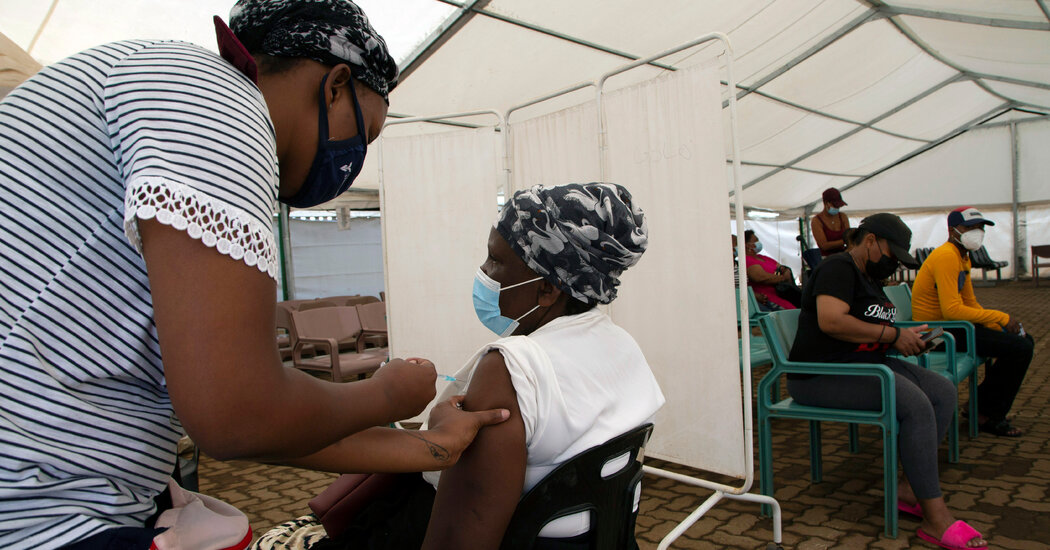
Those mutations also raise the prospect that the variant will reduce the efficacy of monoclonal antibody treatments — a fear partly confirmed on Tuesday with Regeneron’s announcement.
Still, it is worth remembering the fate of earlier variants that stirred concern: Beta and Mu, for example, evolved the ability to partially evade the body’s immune defenses, but they never became a serious threat to the world because they proved to be poor at transmitting.
The Coronavirus Pandemic: Key Things to Know
What about vaccines?
Vaccines are expected to provide some protection against Omicron because they stimulate not only antibodies but other immune cells that attack virus-infected cells. Mutations to the spike protein do not blunt that response, which most experts believe is instrumental in preventing serious illness and death.
Citing the potential for waning immunity six months or more after vaccination, some health experts are promoting booster shots to increase antibody levels.
Dr. Fauci has urged people to get a booster shot, which he said would most likely provide additional protection against severe disease. “We’ve said it over and over again and it deserves repeating. If you’re not vaccinated, get vaccinated, get boosted if you are vaccinated, continue to use the mitigation methods, namely masks, avoiding crowds and poorly ventilated spaces,” he said on Tuesday.
Moderna, Pfizer-BioNTech and Johnson & Johnson, makers of vaccines approved for use in the United States, and AstraZeneca, which is widely used in Europe, have all said they were studying Omicron, and they expressed confidence in their ability to tailor their formulations to target the variant.
Why is it called Omicron?
When the W.H.O. began to name emerging variants of the coronavirus, they turned to the Greek alphabet — Alpha, Beta, Gamma, Delta and so on — to make them easier to describe. The first “variant of concern,” Alpha, was identified in Britain in late 2020, soon followed by Beta in South Africa.







